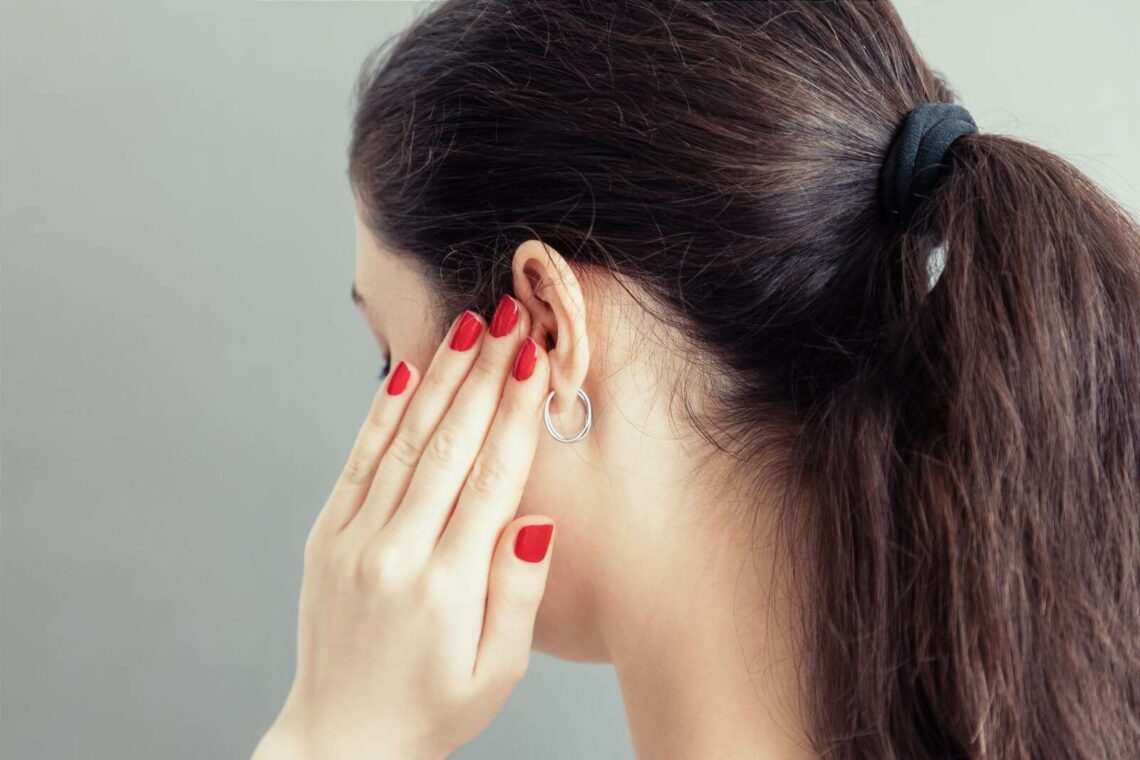The holiday season is here and that means that some of the biggest blockbuster movies are about to be released to the public. Whether its Wakanda Forever, The Little Mermaid or the Barbie movie, its a great time to go out with your family for the best of cinema fun! Enjoy the giant screen and enhanced surround sound for a truly immersive experience. However, it’s important to be prepared for safety too—particularly for your ears. Movie theaters offer some of the greatest advancement of sound technology, however, with this comes sounds loud enough to damage your hearing!
Noise Induced Hearing Loss
We’ve heard for years of the importance of wearing ear protection at concerts, nightclubs and even sporting events. Its even a practice for most of us to wear hearing protection when we mow the lawn. However, rarely do people think about wearing hearing protection when going to the cinema.
The volume of sound is measured in decibels (dBA) and any decibel level over 85 dBA for eight hours or more can start to add up to sensorineural hearing loss. Sounds at this threshold for this duration can cause audio vibrations, violent enough to damage tiny hair-like cells of the inner ear. These cells – called stereocilia, are the sole transportation of audio waves to the brain, as they transform audio vibration into electrical impulses. As stereocilia slowly become damaged or destroyed, the result is the loss of some tones, and pitches. It also often manifests as tinnitus – a persistent buzz in the ears that seems to be coming form no external source.
How Loud is Too Loud?
While 85 dBA at a consistent average exposure of 85 dBA is the start of the threshold of damaging noise, the higher the decibel level, the more the damage. It also means that the louder the sound, the less time it takes for damage to occur. Every three incremental increase in decibels cuts the exposure time in half. At 88 dBA, it only takes 4 hours for damage to occur and at 95 dBA, it take under an hour. By the time sound reaches 105 dBA, damage can occur in under 15 minuets!
Hearing Damage at the Movies
In 1999, the National Association of Theatre Owners introduced the TASA (Trailer Audio Standards Association) standard, a voluntary certification to limit the average volume in movies played in the theater to 85 dBA. In order to set this level, movie theaters use a calibrated test signal from the cinema processor, which is 85 dBA. As long as the movie doesn’t exceed 8 hours, most viewers will be able to walk away with their hearing intact at the end of the movie. While this is the average, it still presents plenty of moments for movies to spike in volume, often exceeding 100 decibels. In 2016, an investigative report found that even children’s films had volumes that climbed well past safe listening thresholds. While the national standard is set, individual movie theaters can still choose to play their movies louder and an action scene hitting 100 dBA for 15 minuets is enough to damage the hearing of every patron in the theater.
Protecting Your Hearing
You can still go see a movie, without damaging your hearing. We only recommend that you take the proper precautions. Because every theater’s volume is slightly different, if one feels loud enough that it is hurting your ears, it probably is. Try an alternative theater and worse comes to worse, always come prepared with earplugs. Foam earplugs are inexpensive and portable. They can fit in your pocket or a purse and lower the decibel level, anywhere from 15 to 33 dBA.
If you aren’t sure of the actual decibel level your can turn your smartphone into a decibel meter by downloading a useful app like SoundMeter or Decibel X. these apps will allow you to monitor your listening environments with the tap of a button and know if your hearing is truly at risk.
Addressing a Hearing Loss
If you do suspect that you’ve damaged your hearing due to exposure to noise at the movie theaters or elsewhere, it’s important that you schedule a hearing test immediately. Contact us today and be ready to hear the full spectrum for the new season at the movies and every other part of your life.

